The acting chief of the U.S. space agency NASA is expected to unveil a directive this week to build a nuclear reactor on the moon by 2030, according to U.S. media reports, as the United States seeks to strengthen its space presence amid growing competition from China and Russia.
Citing internal documents obtained by Politico, the report said NASA will solicit proposals from private industry to develop a 100-kilowatt reactor capable of powering long-term missions on the lunar surface. The system is intended to support future crewed operations.
“This is about winning the second space race,” a senior NASA official told Politico, speaking anonymously.
The agency has reportedly been instructed to select a program lead and begin industry consultations within 60 days, according to the report.
The aim is to launch the reactor by the end of the decade — around the same time that China plans to land its first astronaut on the moon.
NASA had previously funded research into a smaller 40-kilowatt system, but the new plan outlines a more ambitious scale and timeline. The documents also caution that the first country to install a reactor could declare exclusive zones on the moon, potentially limiting access for others.
The plan comes as NASA faces potential budget challenges. The Trump administration has proposed cutting the agency’s budget by nearly a quarter, from $24.8 billion to $18.8 billion, raising questions about how the nuclear initiative would be funded — and what resources would remain for traditional space science.
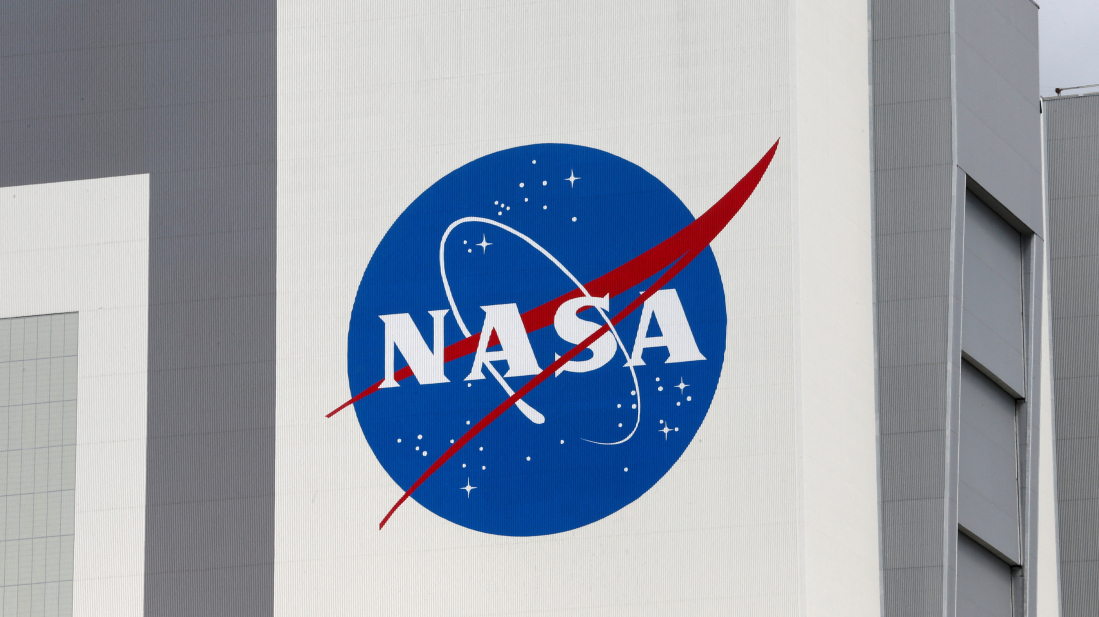



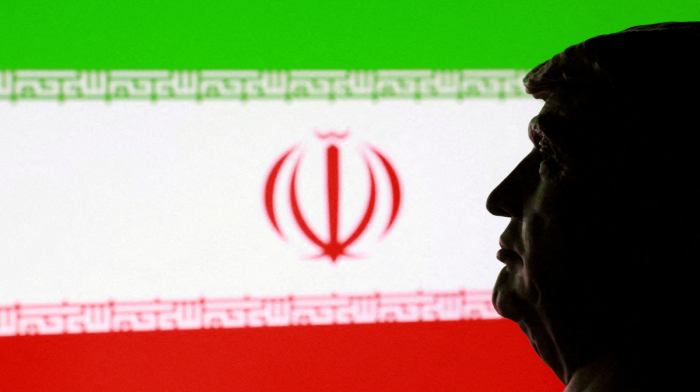









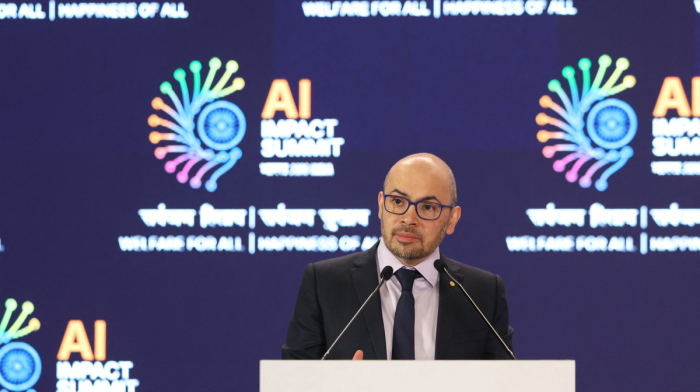
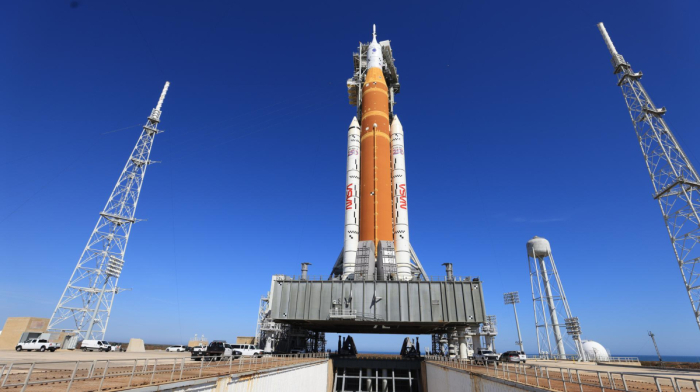
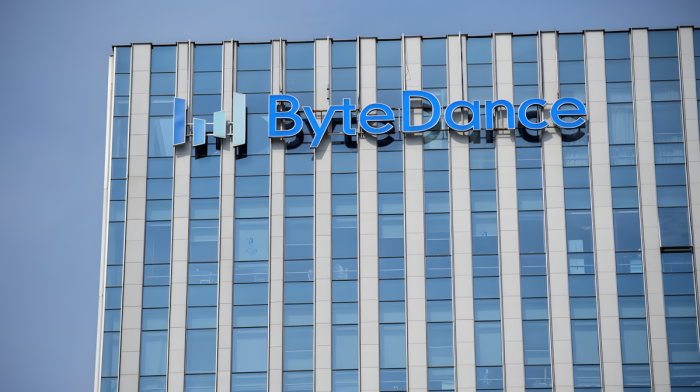




What is your opinion on this topic?
Leave the first comment